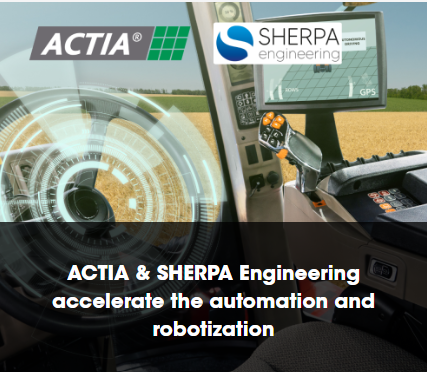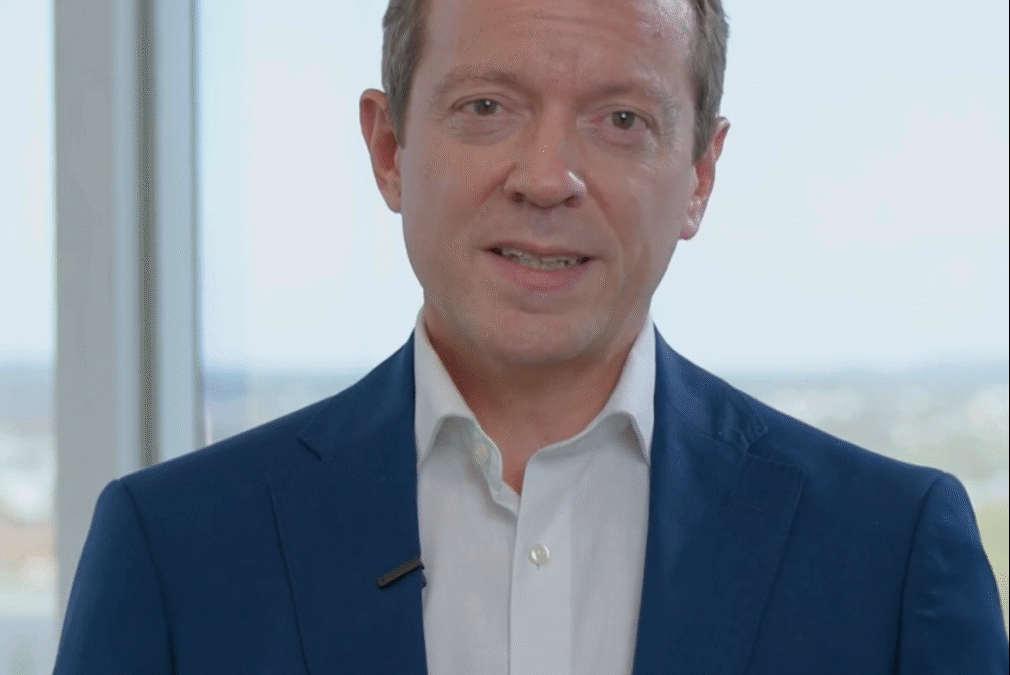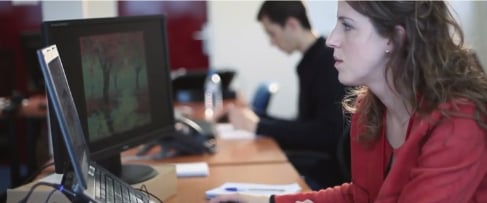The agricultural world is at a crossroads: faced with a growing labour shortage, it must respond to major challenges in improving productivity to feed an ever-growing population, while reducing environmental impact and limiting the use of plant protection products.
A real headache? Not necessarily.
Robotics could well be part of the solution. But for this technological transition to become a reality, several obstacles still need to be overcome:
- specific skills that are still too rare,
- standards that are not well suited,
- robots that do not always meet the specific needs of the field,
- a lack of perspective and clear indicators to assess their environmental impact,
- a lack of reliable and standardised data.
This is where the Great Agricultural Robotics Challenge comes in :
A unifying programme to accelerate the technological transformation of agriculture and develop concrete, sustainable solutions tailored to the realities on the ground.
Three objectives are at the heart of the Grand Défi:
• Deploy new agroecological practices: localised treatment, detailed monitoring, regular maintenance, soil preservation, etc.
• Maturing robotic technologies: through hackathons, challenges and collaborative experiments.
• Facilitating the adoption of these innovations by farmers and encouraging their acceptance by society through awareness-raising and dialogue.
In this context, a new project is being launched: STAIRS, which will officially kick off on 21 May in Paris.
We are proud to be participating in this project through SHERPA Engineering.
The STAIRS project, a new step in agricultural transformation
The project is structured around three main actions:
• Defining and providing robotic solution designers with a suitable framework for developing and adopting standardised software and hardware components.
• Developing standards to ensure the interoperability and integration of robots into agricultural management systems and their supervision by humans.
• Designing methodologies and evaluation metrics to measure the effectiveness and impact of agricultural robots.
To carry out these tasks, a large consortium of nearly 30 partners (coordinated by INRAE and Robagri) has been formed, bringing together researchers, engineers, manufacturers, higher education institutions and farmers. This diversity of profiles guarantees the soundness and relevance of the actions carried out throughout the project.
The aim of the project is to provide agricultural robotics stakeholders with a common platform, bringing together:
• methodologies,
• standards,
• high-performance development tools,
• algorithm kits,
• simulation models,
• access to operational data.
SHERPA Engineering interviendra notamment sur :
Work Package 1 (WP1), dedicated to combining system engineering and life cycle analysis to assess the environmental impact of agricultural machinery, in conjunction with our O:AMIE tool already presented in our previous publications
Work Package 3 (WP3), focusing on the perception of the agricultural plot environment.
Excerpt from the brochure for the STAIRS project led by INRAE and RobAgri
The STAIRS project is fully in line with the ambitions of France 2030, laying another foundation stone for a more responsible, technologically advanced agriculture that respects social and environmental issues.
For SHERPA Engineering, it is an opportunity to put our expertise at the service of a more virtuous agricultural future.








